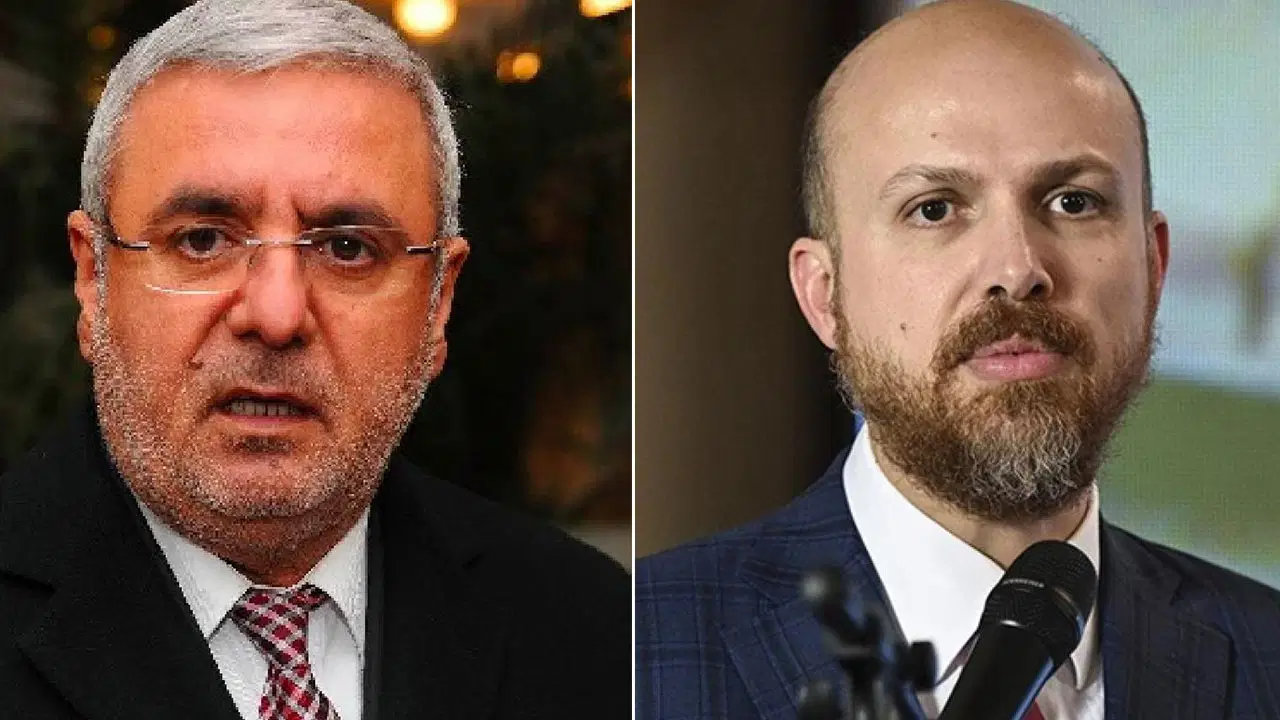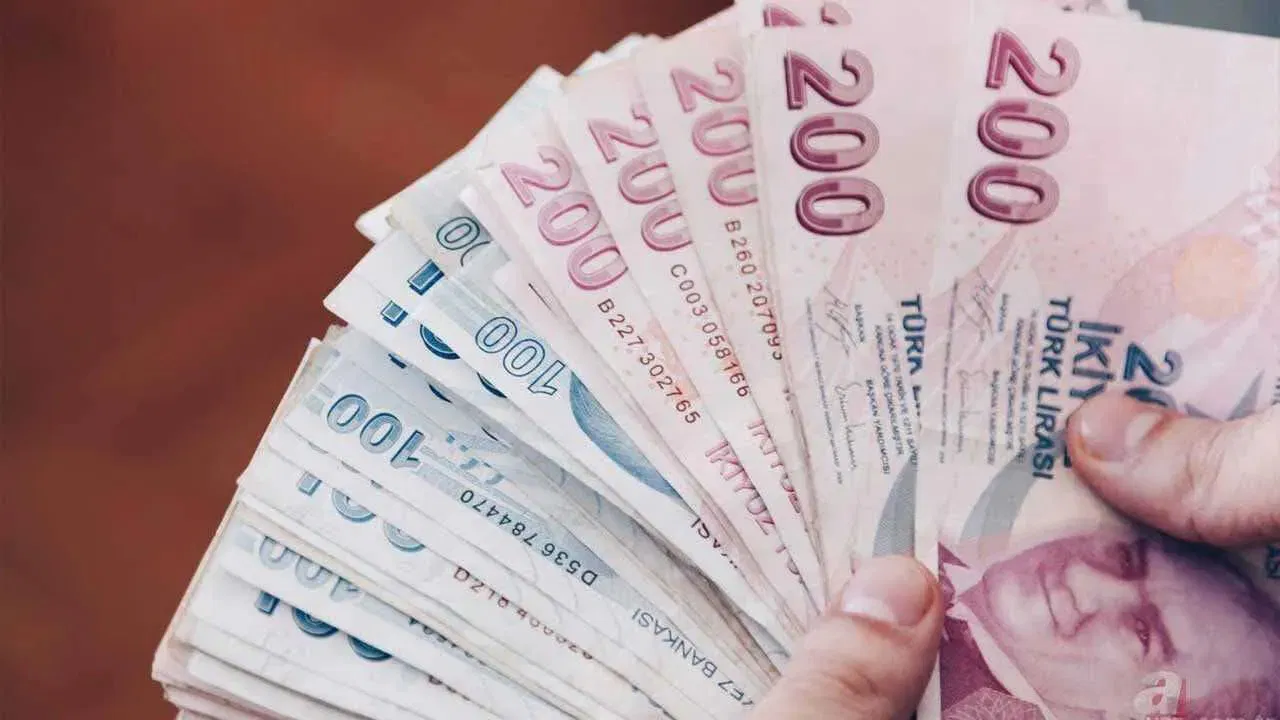The British pound plunged to a record low against the US dollar on Monday morning, just 19 days after Prime Minister Liz Truss and her government took office.
For many economists and politicians, the blame lies squarely with the new government and its tax cuts, which stand to benefit high earners more than the working class.
Lowering income tax from 45% to 40% for people earning over £150,000 ($159,876) a year will lead to a revenue loss of some £45 billion over the next five years, according to estimates.
Income tax has also been reduced from 20% to 19% for lower-income earners, a relatively smaller cut for a group bearing the brunt of the UK’s cost of living crisis triggered by spiraling inflation and energy costs.
The government argues that its moves, which represent the UK’s biggest tax cuts in over 50 years, will spur borrowing and increase growth.
The pound’s value picked up slightly toward the end of Monday, but the short-lived gains reversed soon after the Bank of England (BoE) put out a statement reiterating that it “will not hesitate to change interest rates by as much as needed” to bring inflation under control.
BoE governor Andrew Bailey said the bank is “monitoring developments in financial markets very closely in light of the significant repricing of financial assets.”
In the four days since the Truss government unveiled its mini-budget, the pound slipped from 1.17 against the dollar to 1.07, a body blow to a currency that has weakened consistently in the face of economic challenges over the past eight years.
Brexit, pandemic, inflation, war
A British pound was worth over $2 in 2007, less than a decade before the EU membership referendum was held in June 2016.
When the British decided to leave the EU, the exchange rate plunged from $1.50 to $1.33 in the space of a few hours, and ended the year at $1.22.
It stood at $1.31 by the time the separation was finalized at the end of January 2020.
Despite the dent in trade with the EU and the effects of the COVID-19 pandemic, the pound’s value was relatively stable at around $1.35 between March 2020 and December 2021.
A plethora of problems, both domestic and global, led to the UK’s inflation rate hitting a four-decade high of 10.1% last month.
The country was already suffering from a potent cocktail of labor shortages, surging energy bills and a tumbling pound, before political instability was added to the mix when Boris Johnson was told by the ruling Conservative Party that his time as prime minister was up.
The energy crunch caused by the war in Ukraine and the British government’s subsequent move to cap energy bills has also played a role in the country’s inflation woes.
The pound’s value has plummeted 22.01% over the past 12 months, and latest estimates suggest it will be at around $1.021 in a year’s time.
More political headaches
Apart from the triple threat of the inflation, cost of living, and energy crises, Truss and her government will most certainly be facing some grave political problems in the coming months and next year.
One of the looming issues is a new independence referendum in Scotland that First Minister Nicola Sturgeon has repeatedly indicated will be held in 2023.
While any such move requires London’s approval, the Scots are confident of finding a judicial route past that particular hurdle.
Echoing her predecessors, Truss has said Scottish voters had their say in 2014 when they chose to remain a part of the UK, signaling that she will oppose a new vote on the issue.
Despite the central government’s apparent opposition to the idea, several pro-independence rallies are planned for the rest of the year in Scotland.
In Northern Ireland, an executive is still to be formed after Irish nationalists Sinn Fein, who traditionally demand unification with the Republic of Ireland, won the most seats in the May 5 elections.
Sinn Fein, once regarded as the mouthpiece of the now-defunct terrorist group Irish Republican Army, has nominated Michelle O’Neill for the post of first minister.
However, the opposing camp, the Democratic Unionist Party (DUP), has been holding out on joining any government until the Northern Ireland Protocol is sorted out – an issue Truss has been working on since her time as foreign secretary in Johnson’s administration.
The EU refuses to renegotiate the protocol, which the Conservative Party and the DUP say has created a sea border for trade between Northern Ireland and the rest of the UK.
Another significant development came last week in the form of census results that showed Catholics now outnumber Protestants for the first time since Northern Ireland came into existence in 1921.
The results have been welcomed by the nationalists, who feel the altered demography raises the chances of a successful vote on unification, which can be called under the 1998 Good Friday Agreement.
All of this leaves the future of the new prime minister just as uncertain as that of the once-mighty British currency.
The first signs of dissent are becoming visible, with reports suggesting that some ruling party members who disagree with Truss’ monetary policies have already sent no-confidence letters to the 1922 Committee, which previously gave Johnson and his predecessor Theresa May their marching orders.















